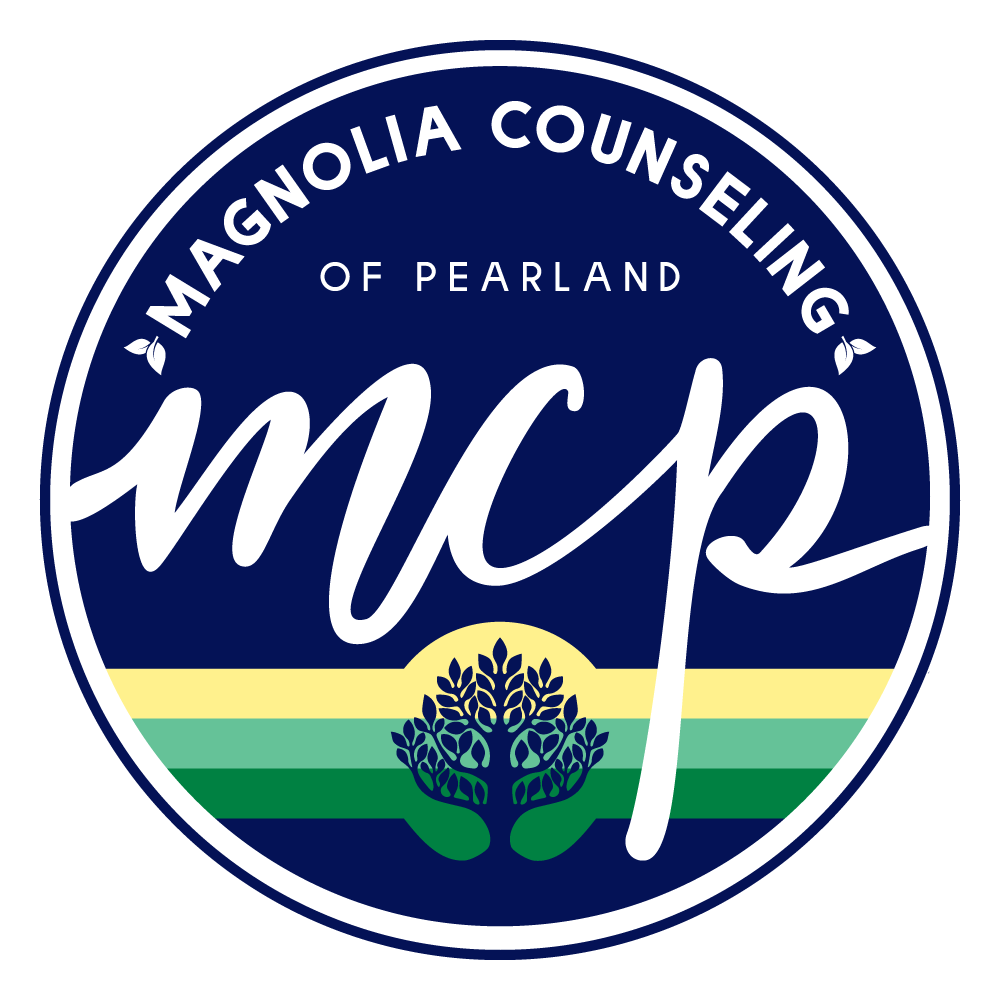
ADHD COUNSELING
AT MAGNOLIA COUNSELING OF PEARLAND

MAGNOLIA COUNSELING OF PEARLAND CAN HELP WITH ADHD
MCP has been working with children and adults that struggle with ADHD and other mental health concerns in many capacities for over ten years. We help children, their parents, and adults learn strategies for managing the struggles associated with ADHD, implementing treatments that may include learning self-soothing skills, organizational skills, managing activity levels, learning how to socialize with others, mindfulness training, learning about emotions and how to interact with these emotions.
Whether you are a student having difficulties in school, an adult struggling with your thinking, or have a child struggling to learn; Magnolia Counseling of Pearland has the professional knowledge and care to help you gain the skills necessary to overcome your challenges.
WHAT IS ADHD?
Attention-deficit hyperactivity disorder (ADH) is a highly genetic syndrome that affects the “executive functioning skills.” These skills include attention, memory, motivation, effort, impulsivity, social skills and more. (Frank) It is the most studied and diagnosed mental disorder in children and adolescents. (NIMH) It is estimated that around 5% of the population has ADHD, representing over 11 million people in the United States. In most cases, it is a lifelong affliction, but most people living with ADHD lead relatively normal lives.
There is a common misconception that Attention-deficit hyperactivity disorder (ADHD) and attention-deficit disorder (ADD) are different illnesses; however, that is not the case. The confusion lies in the fact that the medical terminology has changed over the years, as our understanding has improved. The diagnosis currently referred to as ADHD has gone by many names since it was first recorded in the late 1700s. One of which was an attention-deficit disorder or ADD.
WHAT IS ADHD AND WHAT DOES IT LOOK LIKE?
Attention deficit hyperactivity disorder (ADHD) is a neurological disorder that impacts the parts of the brain that help us plan, focus on, and execute tasks. ADHD symptoms vary by sub-type — inattentive, hyperactive, or combined.
-
Issues with focus
-
Self-esteem affected
-
Impulsivity
-
Poor organizational skills
-
Continual losing or misplacing things
-
Restlessness and edginess
-
Difficulty keeping quiet and speaking out of turn
-
Starting new tasks before finishing old ones
-
Hyperfocusing
-
Carelessness and lack of attention to detail
WHAT CAUSES ADHD?
Like most things in life, ADHD is caused by a mixture of genetics and environmental factors (with a heavy emphasis on genetics). ADHD is not caused by poor parenting, trauma, video games, food additives or sugar.
Several, highly hereditable, genes have been linked to ADHD including dopamine receptor genes DRD4 and D2, and a dopamine receptor transport gene called DAT1. Studies suggest that ADHD is highly heritable with somewhere between 40 and 60 percent of children whose parents have ADHD also having the disorder.
What would therapy look like?
-
Behavioral Therapy
-
CBT Mindfulness Practices
-
Parenting Support
-
Impulse control Strategies
-
Improving Self-esteem
-
Improving organizational Skills
-
Coping skills for self-regulation
-
Referred out for testing and medication management; medication and therapy to be proven combination for best outcome
Why Therapy?
-
To gain skills
-
A safe place to find support. You are not alone!
-
Gain confidence in handling symptoms and finding everyday functionality again
-
Overcome challenges and obstacles
